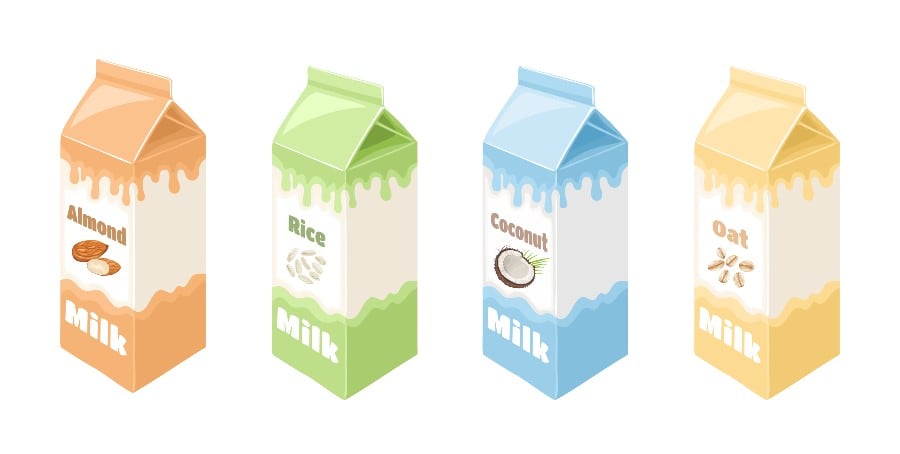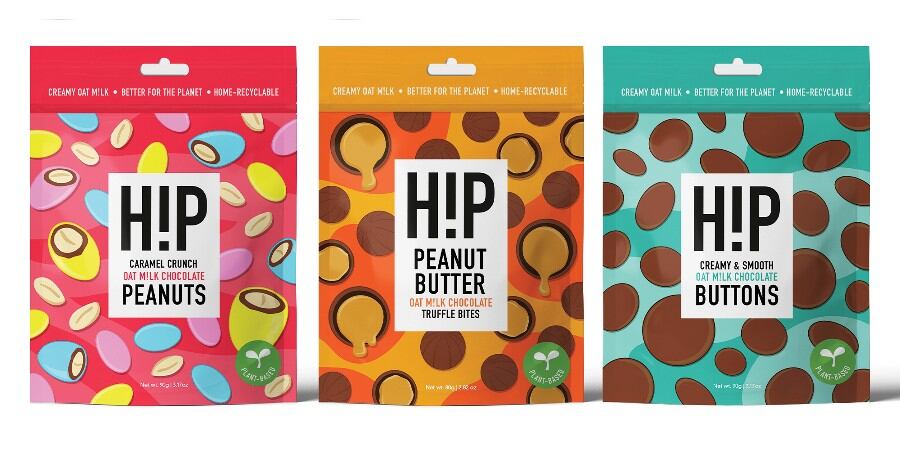In the document, published in full on the federal agency’s website, the FDA says it is seeking to introduce ‘more informative and accessible’ labels that are ‘clear’ and ‘would help consumers understand certain nutritional differences between plant-based milk alternatives and milk’.
Dairy foods, including milk, are recommended by the Dietary Guidelines for Americans as part of a healthy eating pattern and contribute multiple key nutrients, including protein and vitamins A and B12, along with calcium, potassium and vitamin D, which are currently under-consumed in the US.
But there aren’t mandatory requirements over the nutrient profiles and composition of plant-based milks, which can vary widely depending on what plant ingredients are used and how these are processed into a beverage. For example, oat- or almond-based milks may contain calcium, but their overall nutritional content is not similar to milk, the FDA said.
CN’s sister title, dairyreporter.com, said the consumption of milk alternatives in the US continues to increase, with retail sales hitting US$2.4bn in 2020, up from US$1.5bn in 2016. But the FDA says consumer research ‘indicates that, while the majority of consumers understand that milk and plant-based milk alternatives are different products, consumers may not understand the nutritional differences between them’.
“The term 'milk' may create a more favourable perception of plant-based milk alternatives’ nutritional content compared to the use of terms like 'drink' or 'beverage'...Further, product labels for half of the top 10 brands of plant-based milk alternatives include direct nutrient comparisons to milk, primarily for calcium..., yet some of these products may contain lower amounts of other important nutrients found in milk...” – From FDA's ‘Labeling of Plant-Based Milk Alternatives and Voluntary Nutrient Statements: Guidance for Industry’
Informed dietary choices
To help shoppers make informed dietary choices, dairyreporter.com reports that the federal agency is recommending that manufacturers use ‘voluntary nutrient statements’ for plant-based products that contain ‘milk’ in their name. The inclusion of the statement – which could be a single sentence, e.g. ‘Contains lower amounts of [nutrient] than milk’ – should be ‘prominent’ and placed ‘near and visually connected’ to the name of the product ‘if space allows’.
As an example, the FDA has included in the draft guidance images of oat-based milk products that carry a voluntary statement on the front-of-pack label next to or near the product name.
To find out if their plant-based milk product is nutritionally different to milk, the agency says manufacturers should refer to the USDA’s FNS fluid milk substitutes nutrient criteria, which lists minimum amounts of nutrients such as calcium, protein, vitamins A, D and B12, riboflavin, potassium, and more.
Rachel Dreskin, Plant Based Foods Association CEO, has suggested that the FDA is unfairly treating plant-based products differently, and has disagreed with the agency's conclusion that consumers lack the ability to recognise nutritional differences between dairy and plant-based milks.
“We commend the FDA’s acknowledgement that consumers are affirmatively choosing plant-based milks because of their many benefits for human and planetary health,” she said. “However, we see many suggestions in this proposal that are unfairly burdensome to companies, and frankly, treat plant-based products differently than any other foods in the market.
“The FDA’s draft guidance implies that the inherent nutritional content of plant-based milk products are somehow inferior to that of dairy milk products, despite the fact many of the nutrients boasted by animal-based milk are the result of fortification.
“This suggestion is not only discriminatory towards the plant-based sector…,but it also threatens to jeopardize growth of the innovative plant-based foods industry.”



